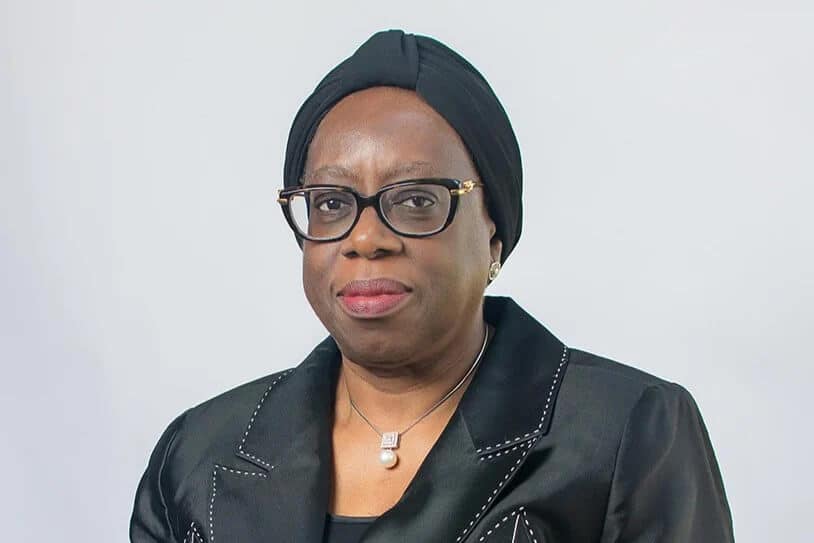Nigeria News
Kekere-Ekun Can Clean The Judiciary By Admitting The Court Is Corrupt – Sam Amadi

The Director of the Abuja School of Social and Political Thought, Sam Amadi, has said the Chief Justice of Nigeria, Kudirat Kekere-Ekun’s vow of zero tolerance to corruption can only be achieved if she admits that the judiciary is corrupt.
Amadi noted that the Nigerian courts are plagued by corruption, which needs to be cleansed to ensure an effective judiciary.
In an interview with Arise TV on Wednesday, Amadi noted that the Chief Justice, Kudirat Kekere-Ekun, with her long years in the judiciary, can rid the court of corruption.
“She can if she’s really committed to it. I think first she should just tell herself that this court is corrupt. It’s a corrupt institution. So she can save it if she first admits to herself. And the collective culpability of all of us who are judges and lawyers. Of course, not everyone is corrupt.
“The second thing she has to do really is to be clear in her mind what she wants to her legacy. Is it a legacy of the court colluding with those in authority to suppress the people, to look for people like us who are saying the truth and trying to fight us?
‘Or is it a legacy of cleaning the court? It takes an insider like her who has gone through the magistrate process probably to clean the institution that she is… Nobody can accuse her of being an outsider.
“So I think she can do that, but she has to come to realism and forget this Nigerian nonsense of attacking,” Amadi said.
The former Nigerian Electricity Regulatory Commission Chairman disagreed that corruption in the judiciary was a product of the poor welfare of judiciary officers. He stated that Justice Kekere-Ekun must work to reduce undue interference of politicians in court processes.
He explained, “Judges are not the worst paid people. So it’s not an excuse for corruption. Secondly, stopping interference, the first thing she should do is to take back the judiciary from the executives. For example, start with a new by-year commencement. We shouldn’t be having politicians and judges commingle so easily. I mean, that’s the thing. You have to stop.”
He also disagreed with the Chief Justice on going after lawyers who speak on social media on cases already in court.
Amadi noted that such comments by lawyers on cases already in court do not constitute contempt. He argued that going after lawyers because they commented on court cases on social media would be clamping down on freedom of speech.
“There is this wrong thinking that there is anything contemptuous discussing cases in court. I don’t know where they read that book from. A judge is trained, the craft of judicial craft is basically about the capacity to overlook what’s happening in the later context.
“I’m worried about why a public official’s first instinct is to clamp down on speech of everything wrong with the judiciary, with practice in Nigeria.
“It’s the right of legal scholars and legal practitioners to do things they can discuss. You can’t discuss the cases in a manner that you are constraining the judges. But if you discuss the cases before or after judgment, it’s within fair speech and it’s not contemptuous,” Amadi added.












